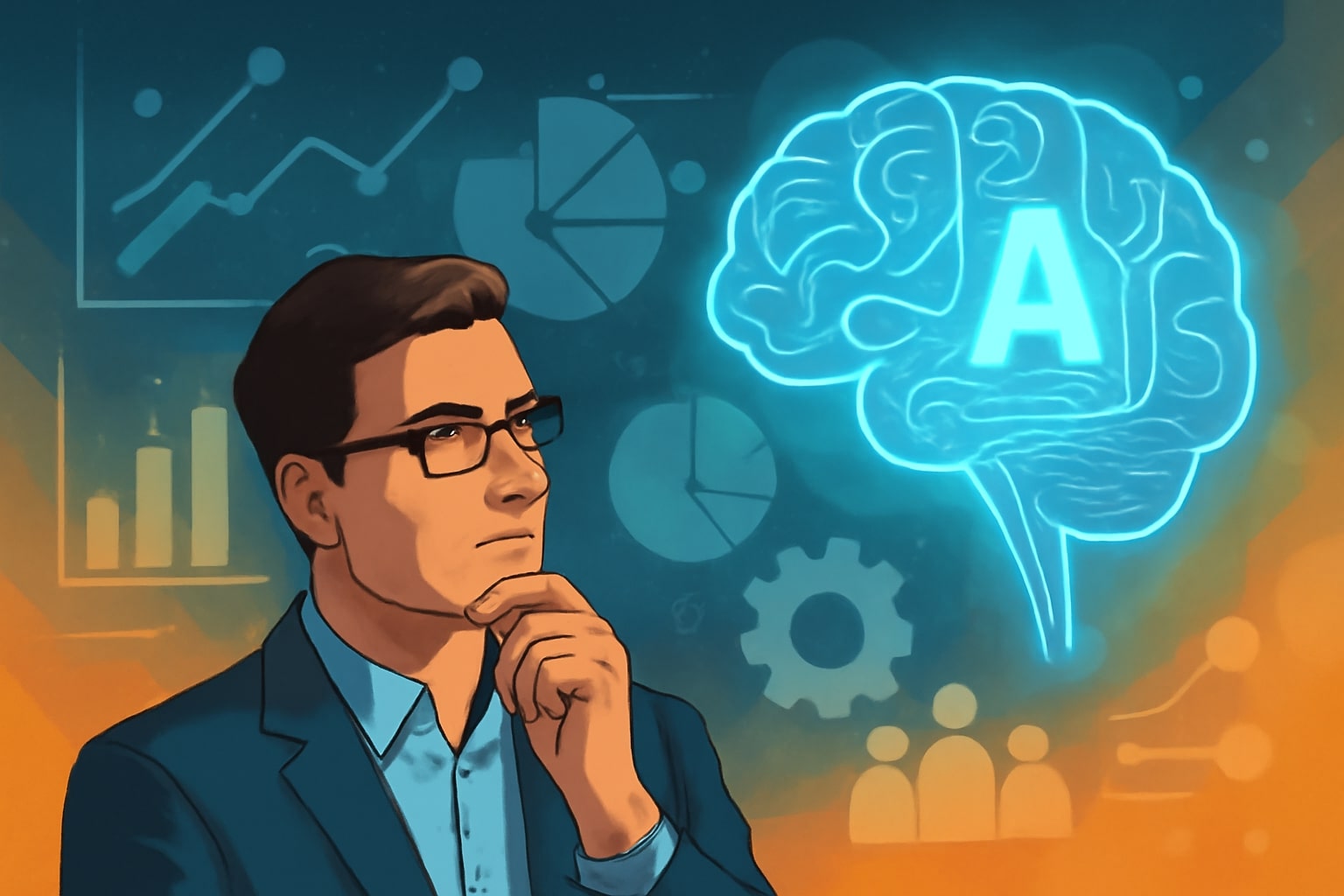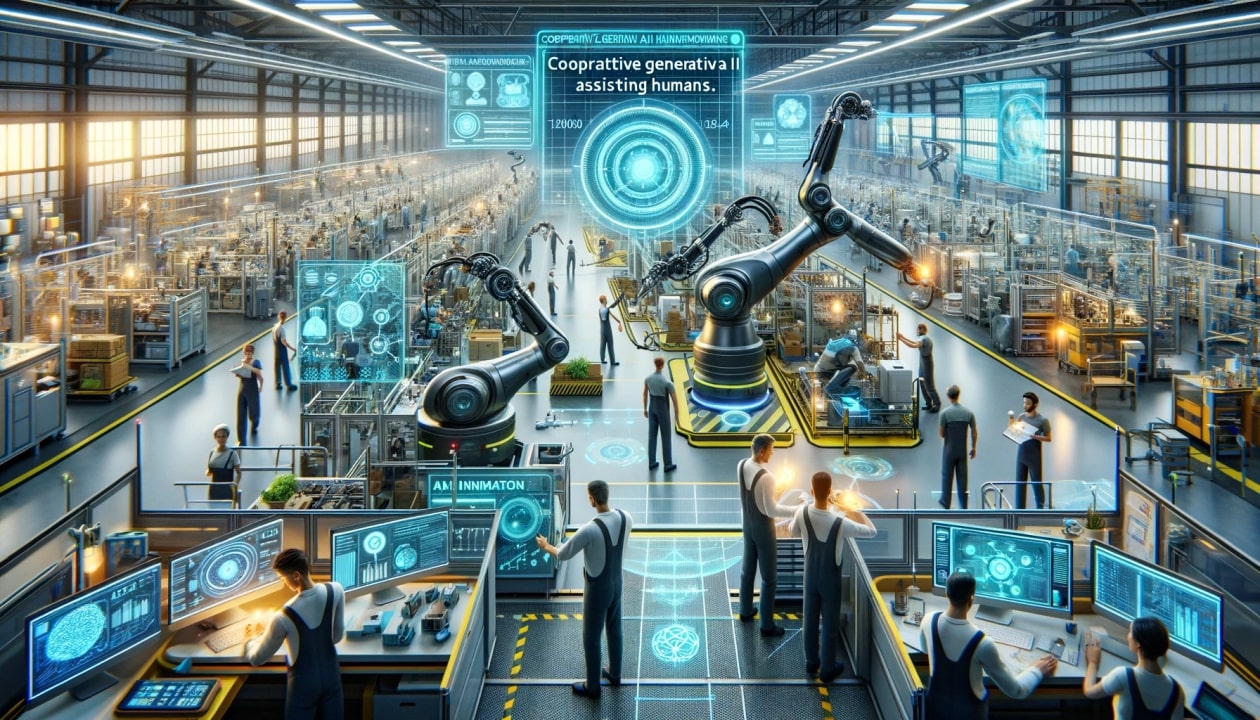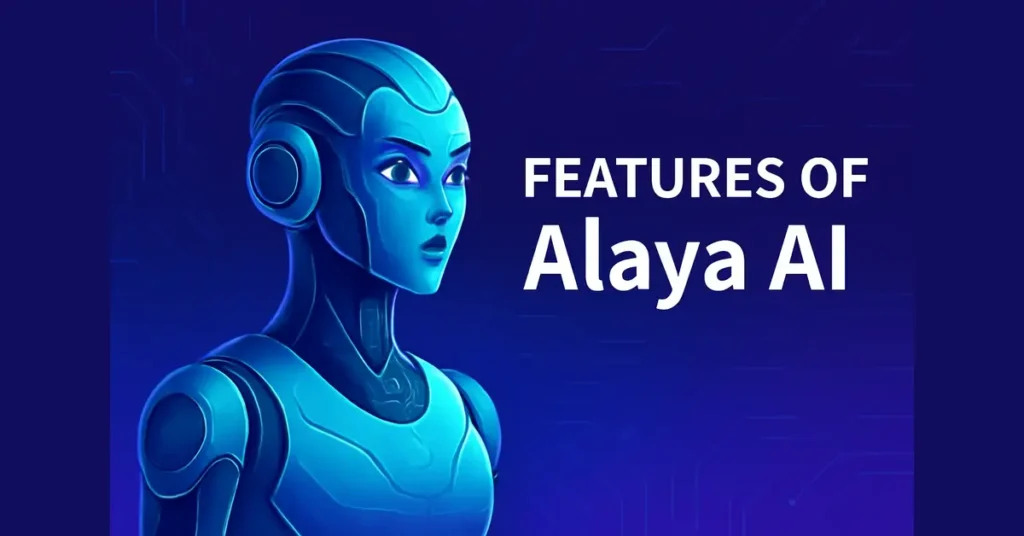How AI Is Reshaping the Future of Strategic Decision-Making in Business

Strong 8k brings an ultra-HD IPTV experience to your living room and your pocket.
Leveraging Artificial Intelligence to Revolutionize Business Strategy and Drive Smarter Decision-Making
When we talk about artificial intelligence (AI), it’s easy to drift into futuristic visions of self-driving cars, sophisticated robots, or scenes straight out of sci-fi movies. But beyond the flashy headlines, something quieter and perhaps more profound is happening right now—AI is reshaping how businesses make strategic decisions. From forecasting market trends to optimizing customer experiences, AI is changing the game, and it’s doing so at lightning speed.
Rethinking Strategic Decision-Making
You might be thinking, "Aren’t strategic decisions inherently human tasks—requiring intuition, experience, and judgment? How could AI possibly replace that?" That’s a fair question, and you're not alone in asking it. Many people assume that decision-making is a purely human skill that AI could never replicate. But here’s the twist—AI isn’t replacing human judgment; it’s enhancing it.
Think of decision-making as navigating a complex maze. Traditionally, businesses have relied on human experts—seasoned executives who’ve walked similar mazes before. They used their instincts, past experiences, and available data (often incomplete) to plot a course. But even the most experienced leaders have blind spots. They can't foresee every turn, twist, or dead-end, especially when conditions change rapidly.
Enter AI: The Game-Changer
Now, imagine navigating the same maze, but this time, you have a drone hovering above, mapping out every possible pathway, obstacle, and opportunity in real-time. AI works similarly—it processes massive amounts of data to reveal patterns, predict outcomes, and suggest optimal routes. It’s like giving your team a super-powered assistant who never tires, never forgets, and continuously learns from each decision made.
This is a game-changer for business strategy. In the past, decision-makers had to sift through spreadsheets, research, and reports, hoping they didn’t miss a key insight. AI, on the other hand, can process vast amounts of data instantly, uncovering patterns and trends that would take humans much longer to identify. It’s not just about making decisions faster—it’s about making better-informed, data-backed decisions.
Real-Life Examples: AI in Action
To really understand how AI is transforming strategic decision-making, let’s look at some companies already using it to their advantage.
Amazon: A Masterclass in AI-Powered Strategy
Amazon is a great example of a company that’s been using AI to make strategic decisions for years. From recommending products to predicting demand, Amazon uses AI at every level of its business. One of the most notable applications is its inventory management. AI helps Amazon decide how much stock to hold and where to store it, based on complex algorithms that analyze sales patterns, weather, consumer behavior, and even global events.
As a result, Amazon’s supply chain is one of the most efficient in the world, ensuring that customers get their products faster than ever. AI doesn’t just help Amazon stay competitive—it helps them outpace their rivals by making smarter, data-driven decisions.
Netflix: The Power of Data-Driven Content Strategy
Netflix is another prime example of AI’s role in strategic decision-making. Rather than relying on a gut feeling or traditional market research to decide which shows to produce, Netflix uses AI to analyze user preferences, viewing habits, and audience demographics. The result? They can predict, with impressive accuracy, which shows are likely to be hits.
Take the example of House of Cards. Before it was even produced, Netflix’s AI-driven algorithms predicted that the political drama would appeal to their subscriber base. Their data showed that viewers who liked certain genres, directors, and actors would likely enjoy House of Cards. The gamble paid off, and Netflix gained massive returns on its investment.
AI: A Partner, Not a Replacement
One of the biggest concerns I hear from business leaders is: “Will relying on AI erode our strategic skills or make us overly dependent on technology?” That’s a valid concern, especially when you consider how powerful AI has become. But here's the important distinction—AI is not meant to replace human decision-making. Instead, it is meant to complement it.
AI’s role is to handle the heavy lifting of data analysis, trend forecasting, and pattern recognition. This frees up business leaders to focus on what they do best—strategic thinking, creativity, and innovation. The key is to leverage AI to enhance decision-making rather than letting it take over completely.
Let’s face it—no machine can fully replicate human intuition, ethical considerations, or emotional intelligence. But AI can give us clearer insights and richer data, making our decisions more accurate and timely. The real magic happens when AI and humans work together, each doing what they do best.
The Future of Strategic Decision-Making: A Synergistic Approach
So, what’s the future of strategic decision-making? The businesses that will thrive are those that understand AI is a partner, not a replacement. Companies that hesitate to adapt may soon find themselves outpaced by competitors who are already harnessing the full potential of AI.
In a world where data is growing exponentially, traditional methods of decision-making are no longer enough. The companies that embrace AI and integrate it into their decision-making processes will gain a competitive edge. They’ll be able to predict market trends, optimize customer experiences, and make faster, more accurate decisions than ever before.
Conclusion: AI in Strategic Decision-Making Is Here to Stay
The bottom line is this: AI is no longer optional in strategic decision-making—it’s becoming essential. AI’s ability to process data, identify trends, and forecast outcomes has made it a critical tool for businesses that want to stay ahead of the curve. But, just as importantly, businesses must remember that AI is a tool—one that augments human creativity, intuition, and judgment.
Humans bring the vision, empathy, and ethics to decision-making. AI provides the speed, precision, and power of data. Together, they create a dynamic duo that is revolutionizing the future of business strategy. The companies that get this right will be the ones leading the charge in the years to come.
About the Author
Zara is a seasoned business strategist with over a decade of experience in corporate consulting and academic mentoring. She specializes in market analysis, organizational development, and financial planning. Known for making complex business concepts easy to understand, Zara also provides expert business assignment help to students and professionals looking to sharpen their analytical skills and excel in their coursework.
Note: IndiBlogHub features both user-submitted and editorial content. We do not verify third-party contributions. Read our Disclaimer and Privacy Policyfor details.







